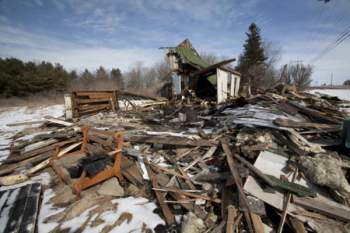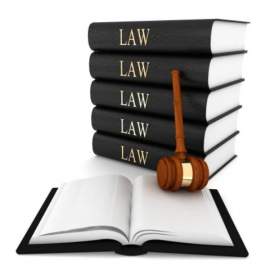
The Secrets of Homeowners Insurance Quotes

What is Homeowners Insurance?
Homeowners Insurance, also referred to as homeowners insurance or hazard insurance, is the fundamental type of property insurance that provides coverage to private homeowners. It is a hybrid insurance policy that combines an assortment of personal insurance protections--such as losses occurring to one’s homeowners, its contents and loss of its use, meaning additional living expenses, or loss of other possessions of the homeowners—with liability insurance for accidents that happen inside of the homeowners, on the homeowners property or at the hands of the homeowners within the policy’s territory.
Homeowners insurance requires that at least one of the named protected residents occupies the homeowners; a dwelling policy is similar to homeowners insurance, although it is used for those residences who don’t qualify for various reasons, such as age or vacancy/non-occupancy issues.
All homeowner’s insurance policies are classified as a multiple-line insurance product, meaning that protection encompasses both property and liability. Furthermore, homeowners insurance possesses an indivisible premium, meaning that a single premium is paid for all risks associated with the protected homeowners and property.
What is the Cost of Homeowners Insurance?
The cost of homeowners insurance is typically dependent on what it would cost to fix or replace the underlying house and which additional items to be insured are attached to the policy. A typical homeowner’s insurance policy is a lengthy contract, which explicitly names what will and will not be paid in the case of various incidents or events. In the majority of contracts, claims due to floods are typically excluded; special insurance policies can be purchased for such possibilities.
A homeowner’s insurance policy is typically distributed as a term contract—the contract is in effect for a fixed period of time. Similar to other insurance policies, the insured party is required to pay for coverage through the satisfaction of a premium. This premium, which is to be paid each term, will be lessened if it appears the house in question is less likely to be damaged or destroyed. For example, if the homeowners are located directly across from a fire station, if it is equipped with fire alarms and sprinklers, the premium will be lessened as a result of the expected mitigated damage from fire.
How do I compare Homeowners Insurance Quotes?
Similar to other insurance products, homeowner’s insurance policies are stated, in regards to price, as a quote. As a result, homeowner’s insurance quotes represent the tangible price that is required for a buyer to purchase protection for their home.
The first step to analyzing homeowners insurance quotes, in hopes of choosing the most cost-efficient policy, you must first have your home appraised. Understanding what your home is worth will help you determine how much and what kind of homeowners insurance to purchase.
When attempting to find the most suitable plan, you must evaluate a number of homeowners insurance policies from a number of licensed agents and insurance companies—it is recommended that prospective buyers contact at least three home insurance agencies before settling on a package. When you have obtained multiple homeowner’s insurance quotes you must compare the prices with the types of coverage and the extent of the coverage with your specific needs.
In general, when analyzing homeowners insurance quotes, be sure to consider the following factors: the monthly premium associated with the policy, the types of coverage plans offered (does the policy offer protection against natural disasters, fires, home invasions and/or structural damages?), the customer service ratings of the agency and the average number of claims awarded to insured parties.
NEXT: What is Home Contents Insurance?





















